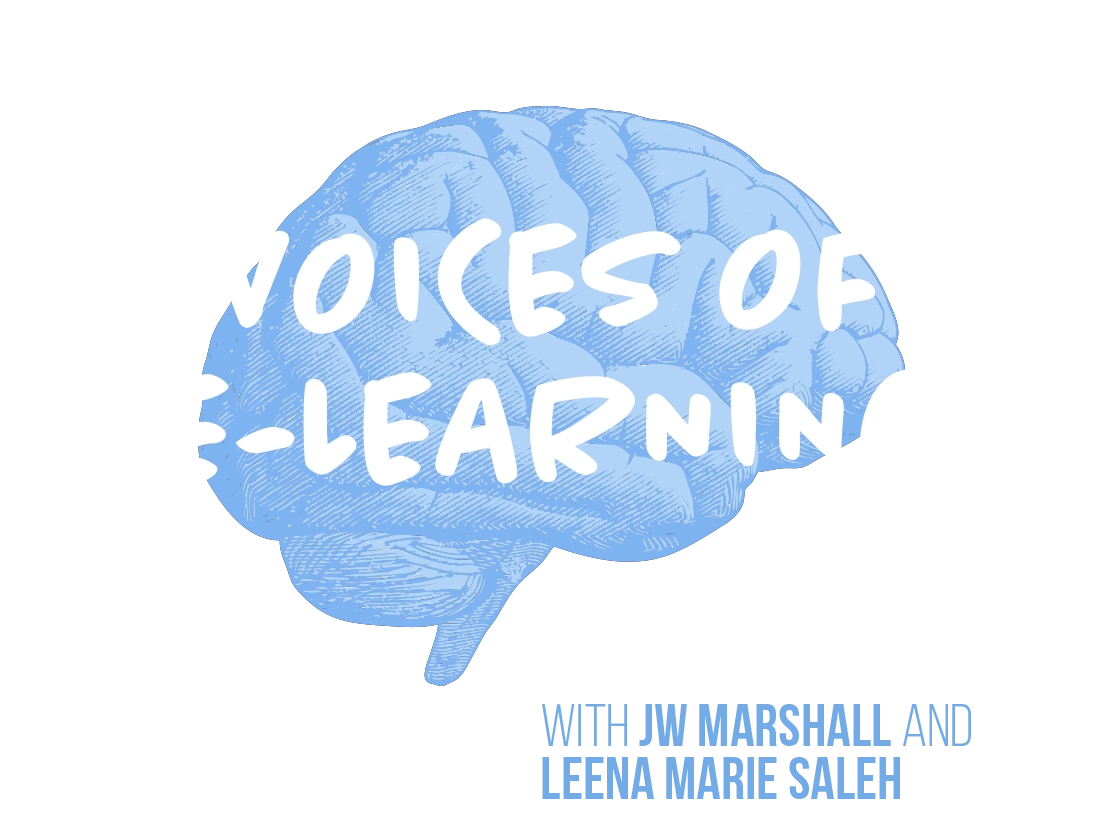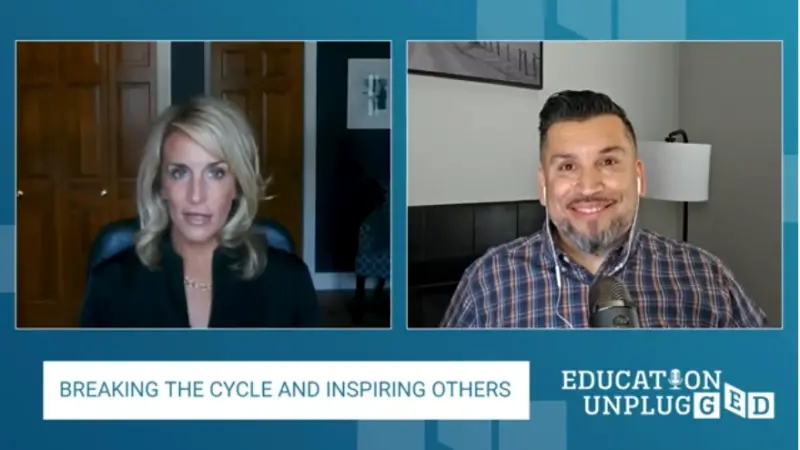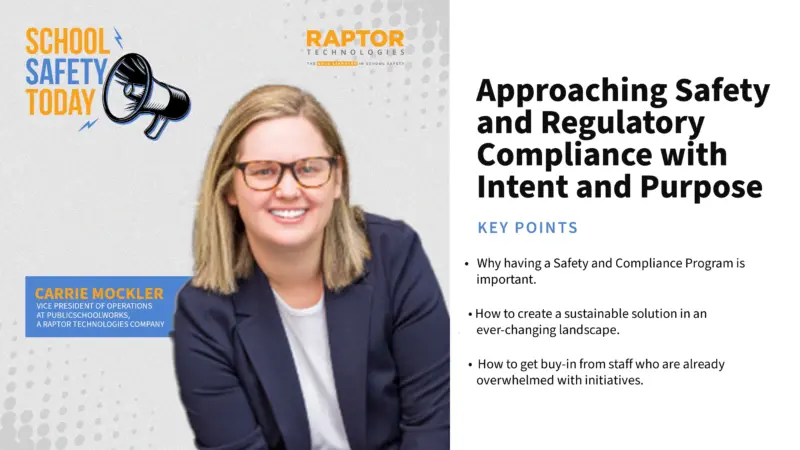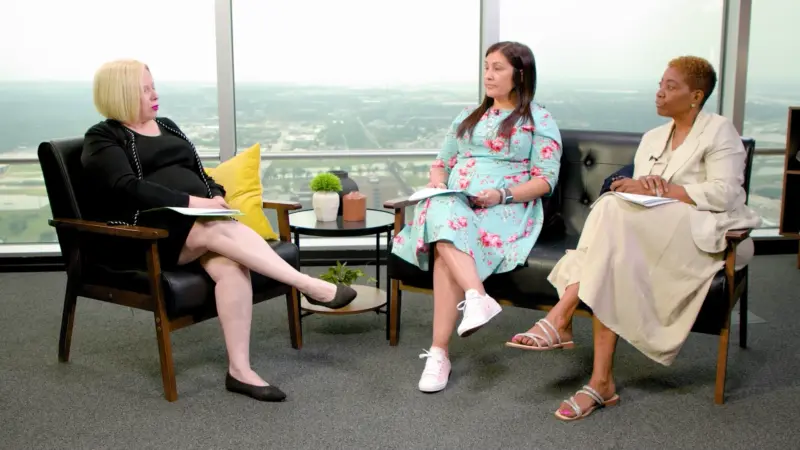Without a Solid Foundation, Even the Best Educational Programs Will Fail
Kellie Lauth sits down with Leena M. Saleh and JW Marshall on this episode of the Voices of E-Learning to discuss MindSpark, Couragion Learning, the changing landscape of education, and what STEM means to her. Saleh and Lauth have a long history together. Lauth was the principal at Saleh’s school when she was a teacher. Saleh remembered fondly how Lauth’s continuing education program was completely different from any other she had experienced. “It was made for teachers, by teachers,” recalled Saleh.
Saleh continued, “Kellie is a great leader, and she was a visionary in the STEM movement in Colorado.” Students who prove MindSpark’s worth drive Lauth’s work. “I show up because the kids show up every day,” she said. Unfortunately, our education system is facing massive problems of turnover and shortage. And according to Lauth, the teacher shortage is compounded by the fact that there are few future educators in the pipeline.
From coast to coast, schools everywhere are experiencing the squeeze. Educators are exhausted from not feeling supported. Lauth says that education needs to embrace training of other workforce sectors. This means “paid on-the-job training, becoming certified and skilled in a way that makes sense, rather than the tradition of entering a teaching career with mounds of college debt and working a job that will only pay a fraction of it,” she said. Finally, once teachers are on the job, they need fully encompassed support, a shift to putting educators first. The educators make the most difference in a student’s life.
MindSpark is a “STEM” program that empowers teachers by incorporating a range of workforce industries. Lauth explains that STEM is a great PR hook, “the four letters mean a lot to us, but [at MindSpark] it also includes arts and literacy.” MindSpark’s program is all-encompassing. It integrates industry and education. “It’s simply workforce literacy. [MindSpark] is students fully engaging in real-world problems and finding solutions, presenting those solutions, and getting to see them [thier solutions] play out,” said Lauth.
With MindSpark teachers are able to show their students a broad range of after-education paths. They have access to tools, resources, and learning so that the students can succeed. “Educators know enough about different sectors and different models so that they can bring those elements back to their schools.”
The program is meeting it’s goals, for example, Lauth reports an 88% retention rate over the national average for educators connected to MindSpark. There are some unexpected ripples too. Like increasing students success rates and graduation averages at participating schools. All of this impacts the greater community. As Lauth explained, ““when you uplift the schools, you uplift entire communities.”



